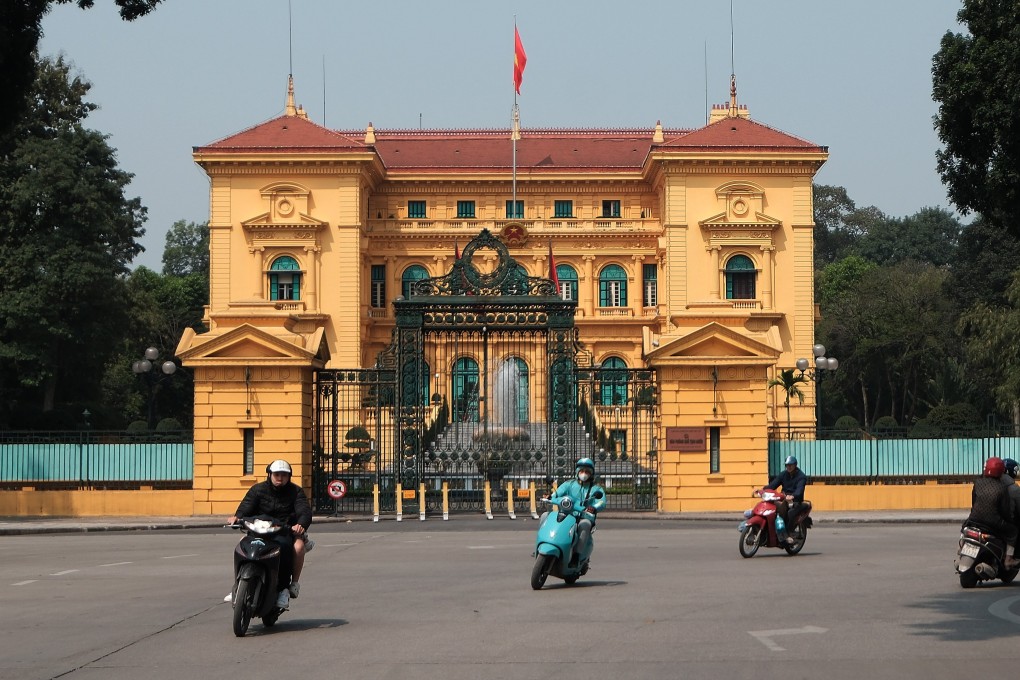Vietnam political star’s downfall shocks nation as graft purge widens: ‘who will be next president?’
- Vo Van Thuong quit over than a year into the presidency after seemingly falling to a sweeping ‘blazing furnace’ anti-corruption campaign
- The sudden resignation comes as Vietnam, one of Southeast Asia’s fastest-growing major economies, prepares to set its new leadership in 2026

On Thursday, the Vietnamese parliament formally accepted Thuong’s resignation, over a year into the largely-ceremonial job.
His departure leaves a potential gap in the candidate list for leadership roles as Vietnam’s most powerful politician, 79-year-old General-Secretary Nguyen Phu Trong, prepares to hand over power in the coming years.
Vietnamese told This Week in Asia they were both intrigued and unnerved by the latest signs of trouble at the top as another senior figure seemingly falls to the sweeping “blazing furnace” anti-corruption campaign, which has ensnared top ranking politicians and super-rich tycoons since 2020.
“It is fast and furious,” said Minh, a Ho Chi Minh City resident requesting anonymity in a one-party state where dissent is routinely punished. “Who will be the next president? I don’t have any idea how this country will be governed.”
Thuong follows former president Nguyen Xuan Phuc of the powerful Politburo, as the purge scythes through senior Communist Party ranks.
The sudden resignation comes as Vietnam, one of Southeast Asia’s fastest-growing major economies, prepares to set its new leadership in 2026, which will be responsible for steering an economy widely seen as the region’s next big bet by global corporations such as Intel, Apple and Microsoft, which are seeking to hedge risks by moving supply chains out of China.
